Last year I had some casual sex. It was a good time, very college. Yet, after my not-so-significant other left, I felt a strange vacancy, a lack of feeling. I went through a mental checklist. Had sex? Yes. Sex was enjoyable? Yes. So what was the problem? Unable to come up with an answer, I blasted aggressive electronic music for 15 minutes and went about my day.
Looking back, having had both better and worse sex since, I think that that moment of vacancy was emblematic of a larger issue with how we think and talk about casual sex, and that our failure to address that issue creates a great deal of unnecessary emotional turmoil.
Before I go on, I should qualify the limitations of this piece. My thoughts here are informed by heterosexual experiences from a largely heterosexual and male perspective. This piece doesn’t address how mental illness or physical disability affect sex or the all-too-common problem of female pain during sex. These are important issues that should be talked about, but I don’t have the knowledge or experience to talk meaningfully about them.
Talking about casual sex as it’s commonly talked about, though, a few things should be obvious. First, sex in a committed relationship will, in most cases, be more emotionally and physically satisfying than casual sex. Second, casual sex will likely improve with more sex with the same partner.
Bearing that in mind, the question is: What are we trying to get out of casual sex? On one level, it’s taught programmatically. Listening to The Lonely Island’s “I Just Had Sex” and watching “Blue Mountain State” in high school primed me to pursue casual sex as a goal in and of itself in college. That these two pieces of popular culture are still among my strongest associations with casual sex is an obvious problem. A better kind of sex positivity holds that casual sex is good because sexual urges are natural and satisfying them is better than suppressing them.
Informed by the latter view, I had a strong conviction coming into college that my partner should get as much physical pleasure as I did. Looking back, I think that that reductionist view of casual sex as a purely physical act, like a mutual scratching of a very satisfying itch, was the culprit behind the strange sense of vacancy that followed several of my sexual encounters.
Funnily enough, I arrived at this conclusion after reading a column by David French, a conservative Christian writer for the National Review, in which he asserts that this emptiness is due to the failure of modern sexual ethics on college campuses to acknowledge sex as both spiritual and physical.
French’s diagnosis is correct to the extent that it can be equally well expressed in secular terms. However, his solution, abstinence until marriage between a man and a woman, is unimaginative and limited by the paradigms of his religious orthodoxy and concomitant homophobia — not that the two are always mutually inclusive, far from it.
Taking good ideas where we find them, though, we can propose a better solution. Sex, even in a secular, casual context, is one of the most intimate acts possible with another person and we should expect strong emotions to accompany it, just as athletes have strong emotional reactions to extreme training. We’re often afraid of that, rejecting emotion out of a fear of developing feelings for someone for whom we have no interest in a serious relationship.
Such worries are overblown. Larger interpersonal incompatibilities won’t be glossed over by a moment of intimate physical and emotional connection during sex. That may seem counterintuitive, but I think that’s only because our capacity for emotional range is typically stunted by the instinct to suppress emotions during sex.
Sure, it does feel somewhat strange to oscillate from intense emotional connection during casual sex to comparative detachment with respect to a partner afterwards, but that’s no less natural than trying to ignore the emotional component altogether. With experience, it becomes comfortable and easy.
More than that, the benefits of emotional openness are clear. From personal experience, I enjoyed both sex and its aftermath much more after embracing emotion with casual partners. Not only does it open up a dimension of human connectedness on top of the dimension of physical pleasure, emotional openness increases one’s sensitivity to the physical and emotional needs of a partner, enhancing the depth and connectedness of the experience.
Casual sex still won’t be as good as sex in a relationship, but we shouldn’t demand that of it. It’s a different subset of human sexual experience, but it’s still a human experience. Humans have physical and emotional lives, and we shouldn’t be afraid to let both of those facets enter our casual sex lives.

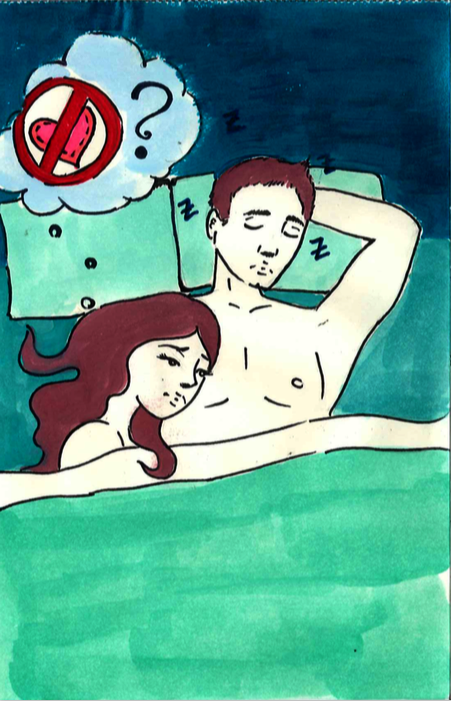
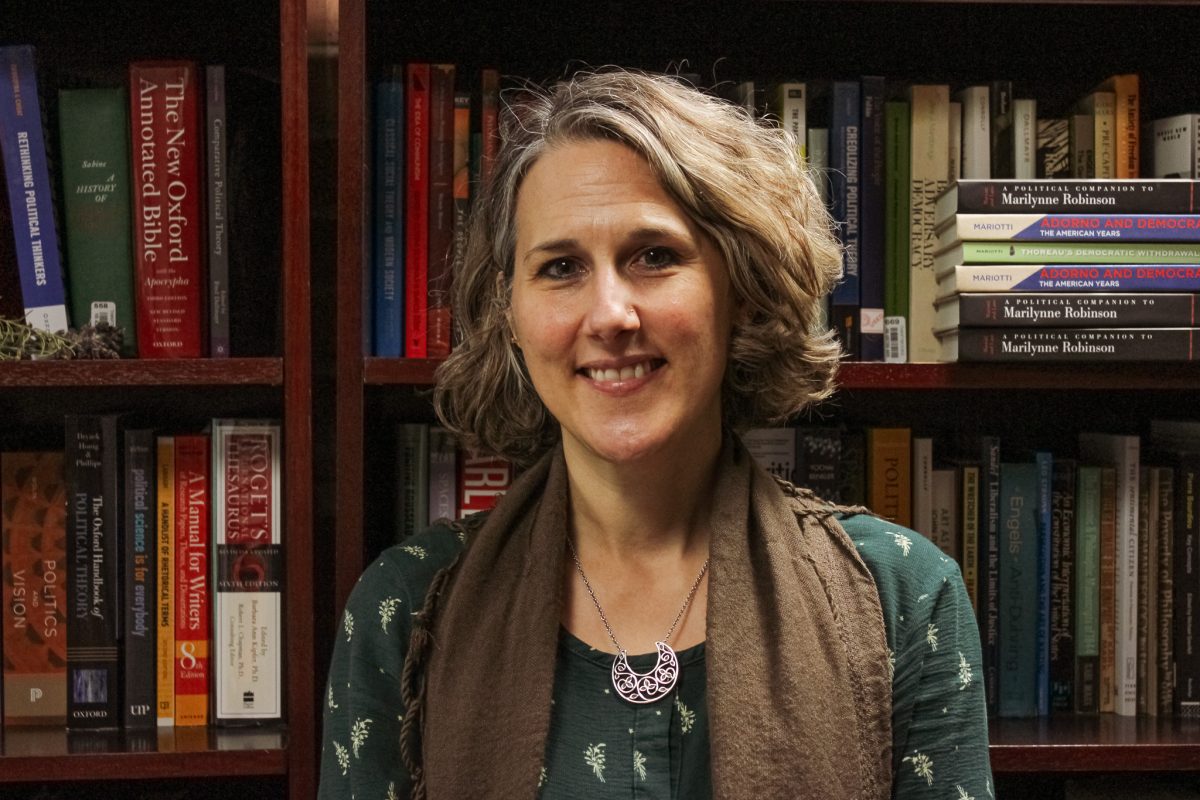
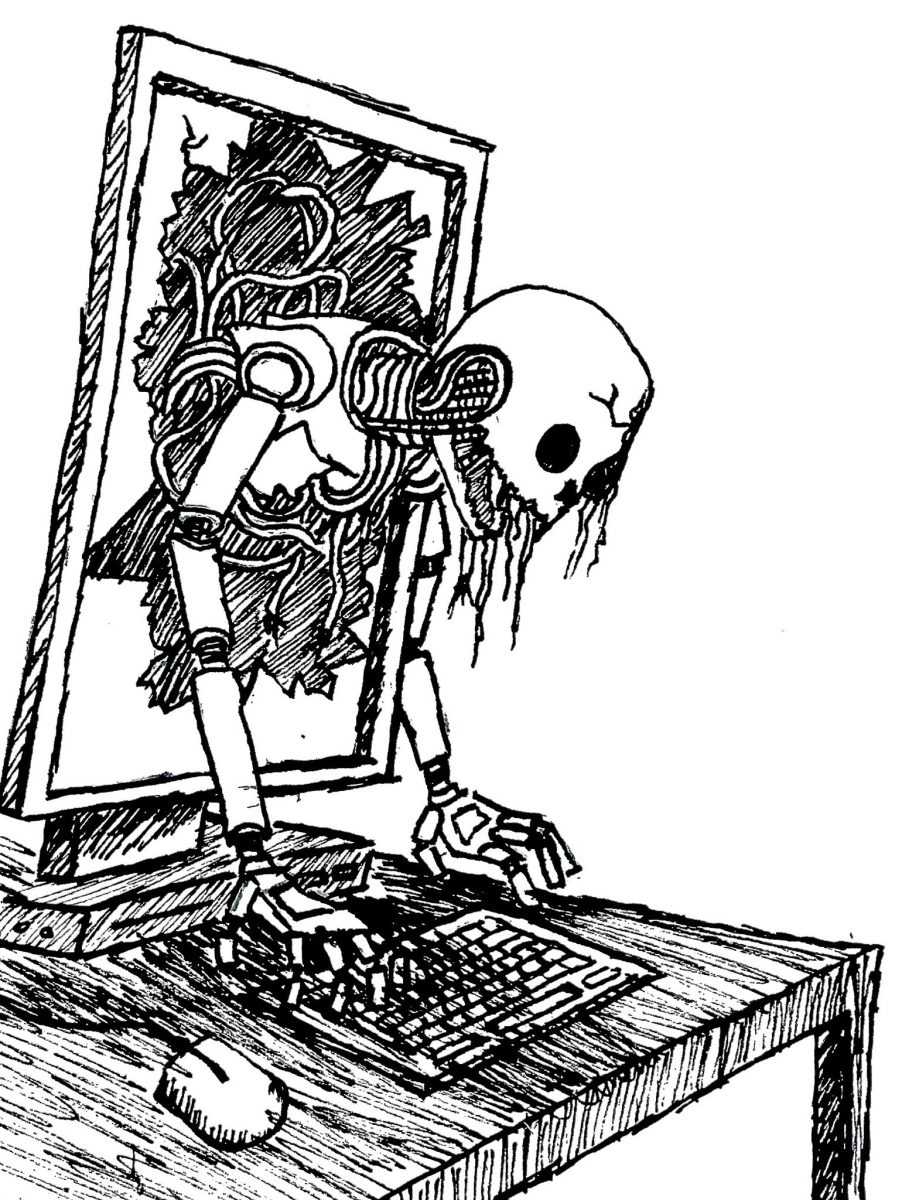
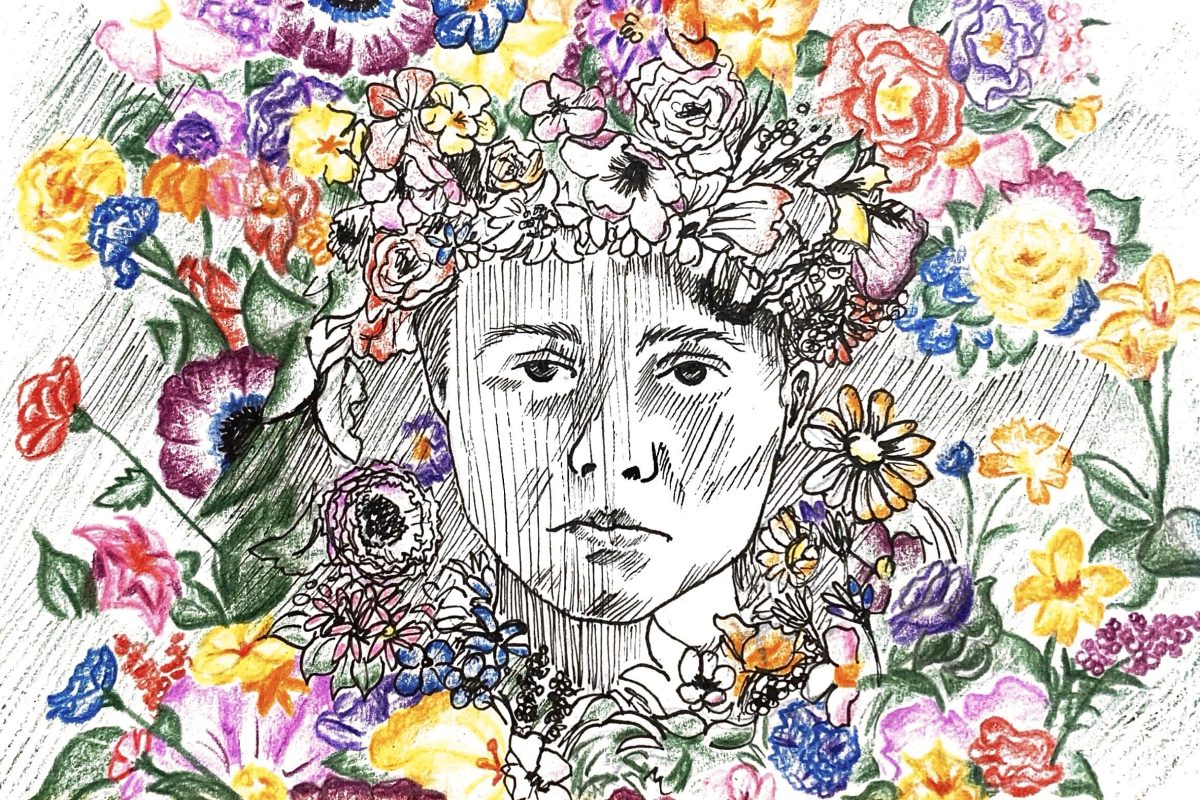
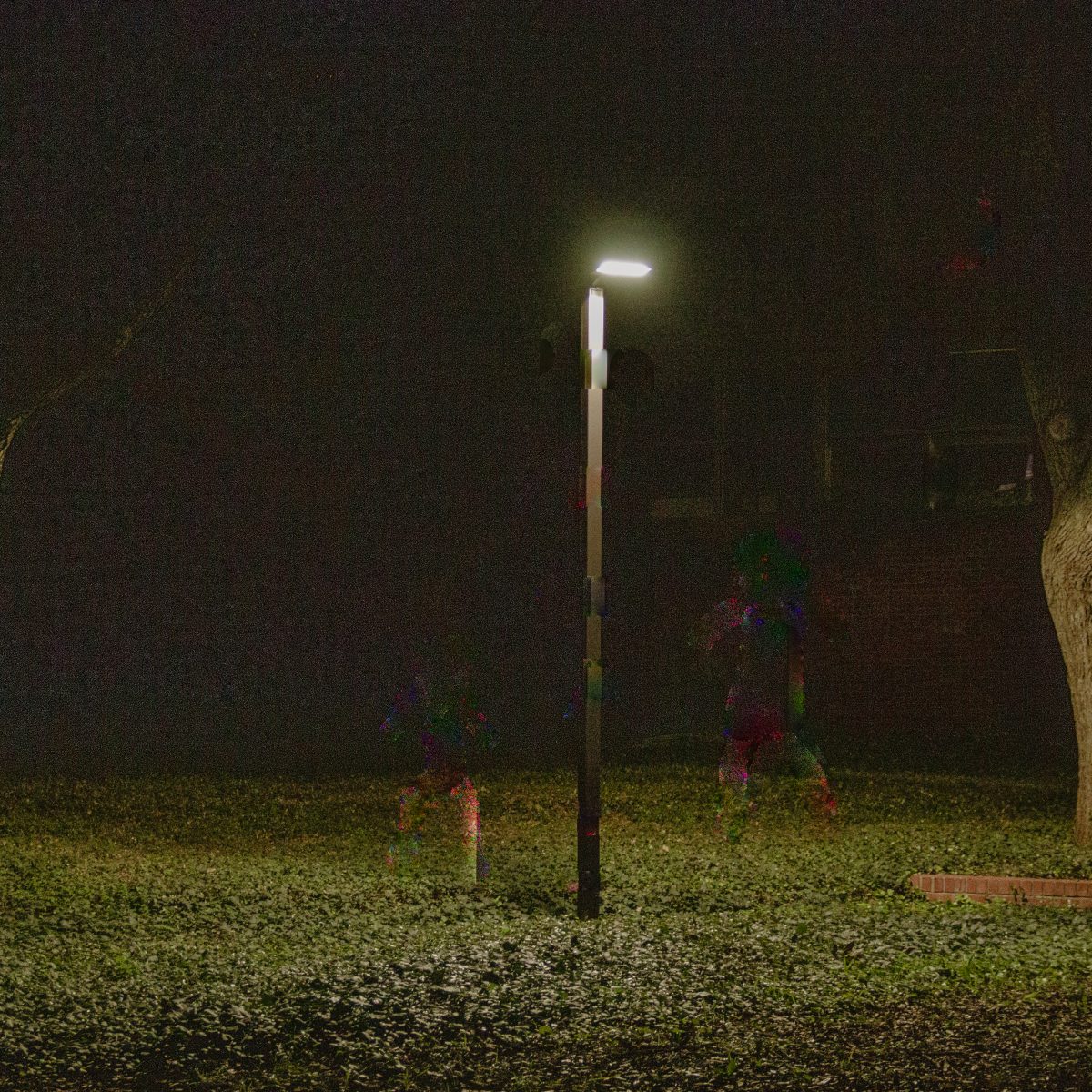

e • Feb 17, 2018 at 1:03 am
I love you gabe